Windows '98 vs Windows 2000
Win2k and Win98 compared
Operating systems - we all have to use them, but we don't get much of a choice! On the one hand, you have the mainstream but rather unstable Windows systems. But going for something that doesn't fall apart every five minutes, such as Linux or BeOS, yields even more crippling problems, such as the lack of drivers and software.
In the end it's a Catch 22 - you have to go with the mainstream because that's where all the big names play, but you have to put up with the instability.
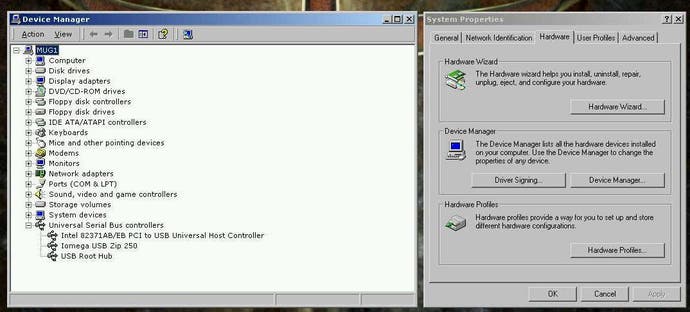
Win2k
So now the mainstream user is actually offered a little variation and choice, it's an even tougher one to call. Windows 98 is supplied by default with more or less every PC available these days, but Windows 2000 is in ready supply, and much cheaper than previous versions of Windows NT, unless you want the Server version of course.
The reason that it doesn't come as standard is that it's based on Windows NT, Microsoft's business network solution. A more stable version of the Windows architecture maybe, but not without its own flaws which may put off the average user.
And unless all of your hardware is supported and drivers are available, Win2k probably won't work that well for you. For example, in upgrading from Win98 I sacrificed compatibility with my Rio 500 MP3 player, my WinTV/USB, and my CD writer's software!
What few people seem to have grasped though, is that it is perfectly possible to install Win2k on the same machine as Win98 and run them in tandem without any problems at all. Hence I did not lose the functionality of said items, I'm just unable to use them in Win2k. Picking a different menu option when booting loads up Win98 and allows me to play with them all I like...
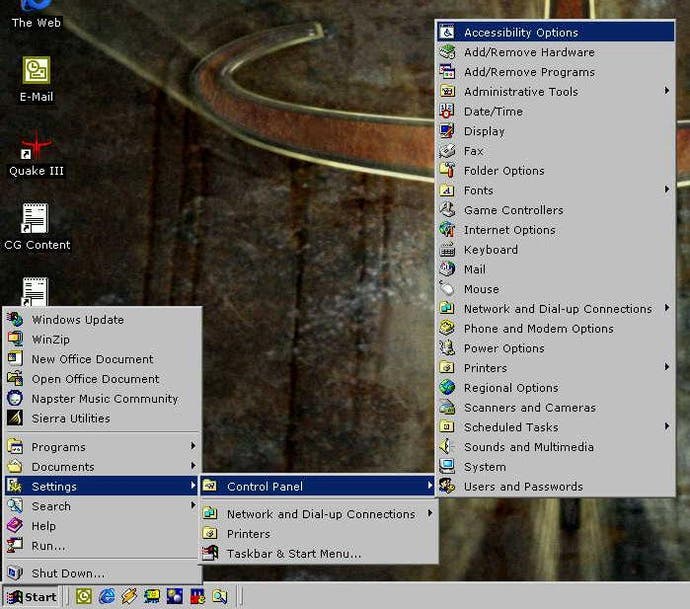
So What's Stopping You?
If you can get hold of Win2k, you can install it alongside Win98 and try it out for yourself. Getting to grips with the new features isn't all that difficult - they're basically just common sense extensions of the same basic Windows system.
If you're looking for a long, drawn out description of Win2k's virtues, you should probably look elsewhere, but here's a brief list of my favourite new features -
Control Panel and Dial-Up Networking access through Start Menu
Hardware and network management is child's play
Add/Remove Programs and Add New Hardware systems overhauled
Better integration with networking and internet
Improved Ctrl-Alt-Del menus with memory usage breakdown and such
Shadow behind the mouse pointer and fade-in menus
Basically it amounts to a whole host of tiny little extras and innovations on the surface, with an entirely different programming infrastructure underneath. Who cares though, the question we are addressing here is "Will it benefit you, the average gamer?"
You will probably have heard rumours that Win2k performs sluggishly with modern day first person shooters, and indeed other genres. If you are unsure of whether Win2k will suit you, or have even made up your mind already, take a look at these real world comparisons, and decide for yourself...
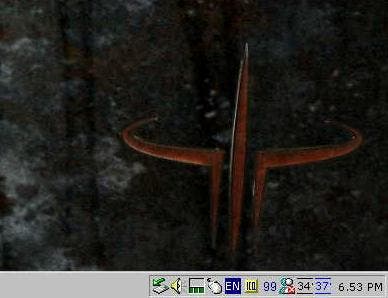
Quake 3 Arena
The modern day benchmark of choice is the "Timedemo" test in Quake 3 Arena. Naturally this is probably one of the best ways to test out the two operating systems in question.
I conducted these tests using several processors and graphics cards in the same machine over the space of a couple of weeks. Each frame rate (in frames per second) was measured three times and averaged to produce the results you see before you.
The basic machine contained 128Mb of PC-133 RAM, a basic Soundblaster sound card, 17Gb and 13.2Gb U8 hard drives, and a 12x DVD-Rom drive. All tests were conducted in 16-bit colour, as the Voodoo 3 2000 won't support 32-bit. For those of you that do, just scale down the scores shown here - the actual differences are very much the same. Also please note that the Voodoo 3 2000 doesn't seem to support trilinear mip-mapping, while the GeForce does. This effects the high quality test results.
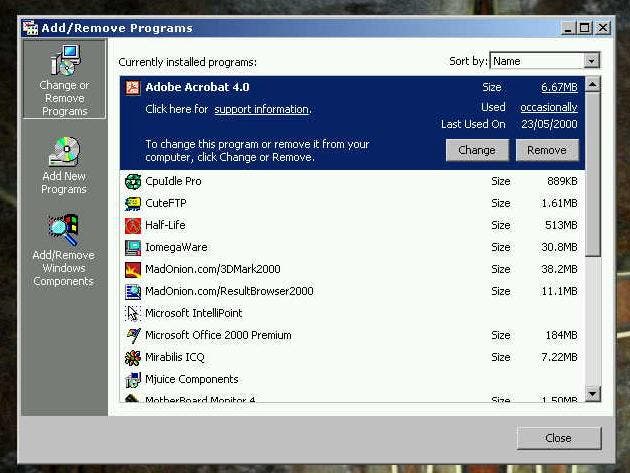
Low End
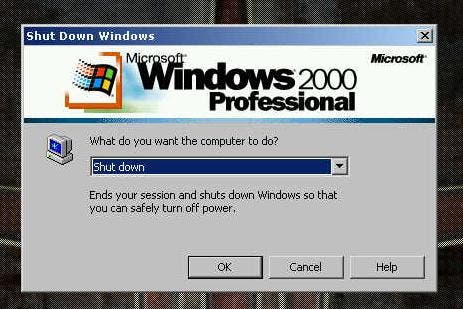
Medium Range
High End
Across the board the systems remain fairly equal, with Win2k climbing just a couple of steps higher in each case. At higher resolutions, those above 1024x768, the results favour Win98, but the differences on the whole are not large enough to get excited about, and possibly due to unresolved driver issues. The one thing we can take for granted from this showing is that both systems are solid when it comes to high-tech 3D games. There's no lack of variety in the systems used, so we can be fairly sure that the results will be emulated on your own systems.
As if to prove that Quake 3 isn't the be-all and end-all, and that Windows 2000 isn't perfect for everything, 3D Mark 2000 wouldn't complete its tests in Win2k without causing errors. It didn't crash per se, but it behaved rather oddly, and so we disregarded the numbers it generated. Again, it's probably down to the differences in programming between the two operating systems.
Other Thoughts
Having now played a lot of games on both systems, I have established that anything released after the implementation of DirectX 7 seems to be fine, but if you've got older games they may show themselves up a little.
Some older games are fine though - Quake 2 is positively stellar under Win2k, but if you stick to new stuff and use Windows '98 for your older software, things should be alright. Fans of Unreal Tournament may already know how UT dislikes Win2k. It jerks incessantly on my PIII-800E / GeForce DDR system - something that should not be happening, as in Win98 it purrs along quite happily.
With this in mind, and the added stability that the NT environment introduces, it could be said that upgrading to Win2k is a good idea. However, if your gaming involves a lot of titles that were not built with Win2k in mind, such as Unreal Tournament, then you may do better to stick with Mr. Instability.
Another concern in upgrading is whether your hardware will agree to it. If you have a lot of Windows '98 native Plug 'n' Play or USB devices, you might be out of luck. There's a readiness advisement utility available from Microsoft, but it's also worth remembering that companies are releasing drivers for Win2k all the time - after all, it's in their interest to do so! You can always keep using your installation of Win98 on the same hard-drive without partitioning until you can fully migrate to Win2k.
If you take this "dual-boot" approach (as many will), you will not only retain your previous Win98 settings, but you will also be able to simply reboot and run Win98 to use devices unsupported by Win2k. Those same devices can be disabled quickly and simply in Win2k to avoid conflicts.
Hardcore gamers with a fair bit of computer-savvy should certainly try the dual-boot approach. At the beginning of the Win2k Professional installation you are given the option to install on to the same hard-drive and retain your Win98 installation. If you choose to do this, subsequently loading up the PC after Win2k is installed presents you with menu options for the two operating systems, allowing you to select whichever you would like to use.
Conclusions
Ultimately it's never advisable to upgrade simply for the sake of it, so if you are happy with performance under Windows '98, leave it be.
Windows 2000 is a vastly superior OS in terms of stability, and in general it's a joy to use, with many refinements that NT has had over 98 for a while finally being available to the average user. But there is a trade-off, as not all hardware and games will be fully compatible with it.
If you are a Quaker always lusting after that extra frame-per-second, the results speak for themselves, but you should take them with a sizable pinch of salt. I used all manner of configurations for my testing, but your own hardware may not yield the same increases, and if you have anything slower than a Pentium II, Win2k may simply refuse to install!
Of course, if you are a casual gamer who also uses their PC for a lot of hardcore business applications, then I am probably preaching to the converted. For you, the trade-off is certainly reasonable.
Having said that, much as I like Windows 2000, I use Windows '98 more often than not. The reason? Migrating fully is simply too much of a hassle for me. In the end, that may be the deciding factor for a lot of people.

